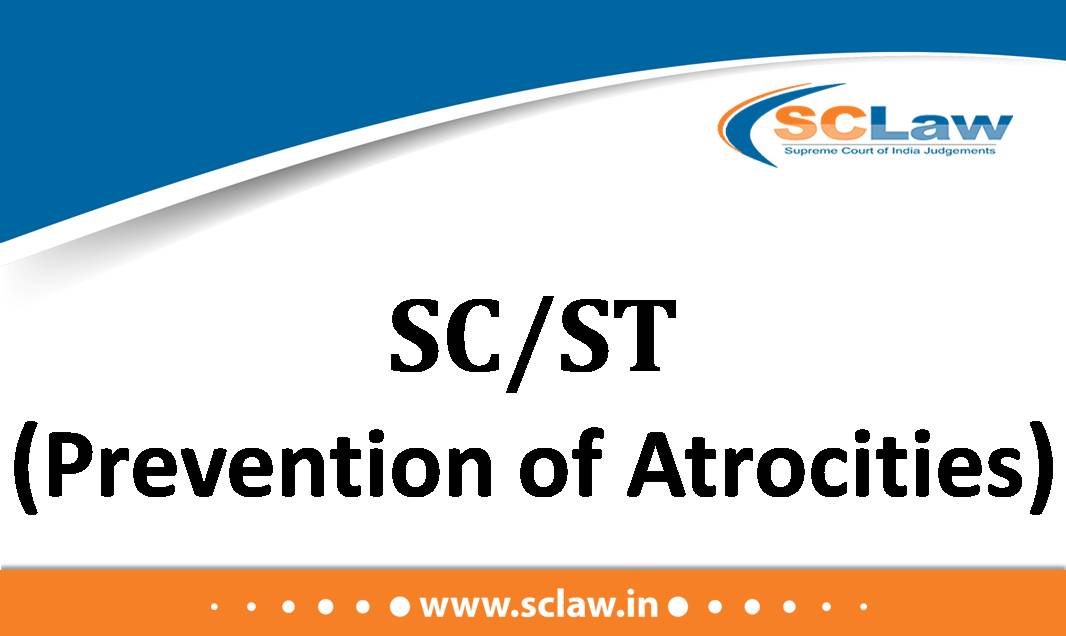For Section 387 IPC, putting someone in fear of death/grievous hurt to commit extortion is sufficient; delivery of property is not required.
2025 INSC 806 SUPREME COURT OF INDIA DIVISION BENCH M/S. BALAJI TRADERS Vs. THE STATE OF U.P. AND ANOTHER ( Before : Abhay S. Oka and Ujjal Bhuyan, JJ. )…



